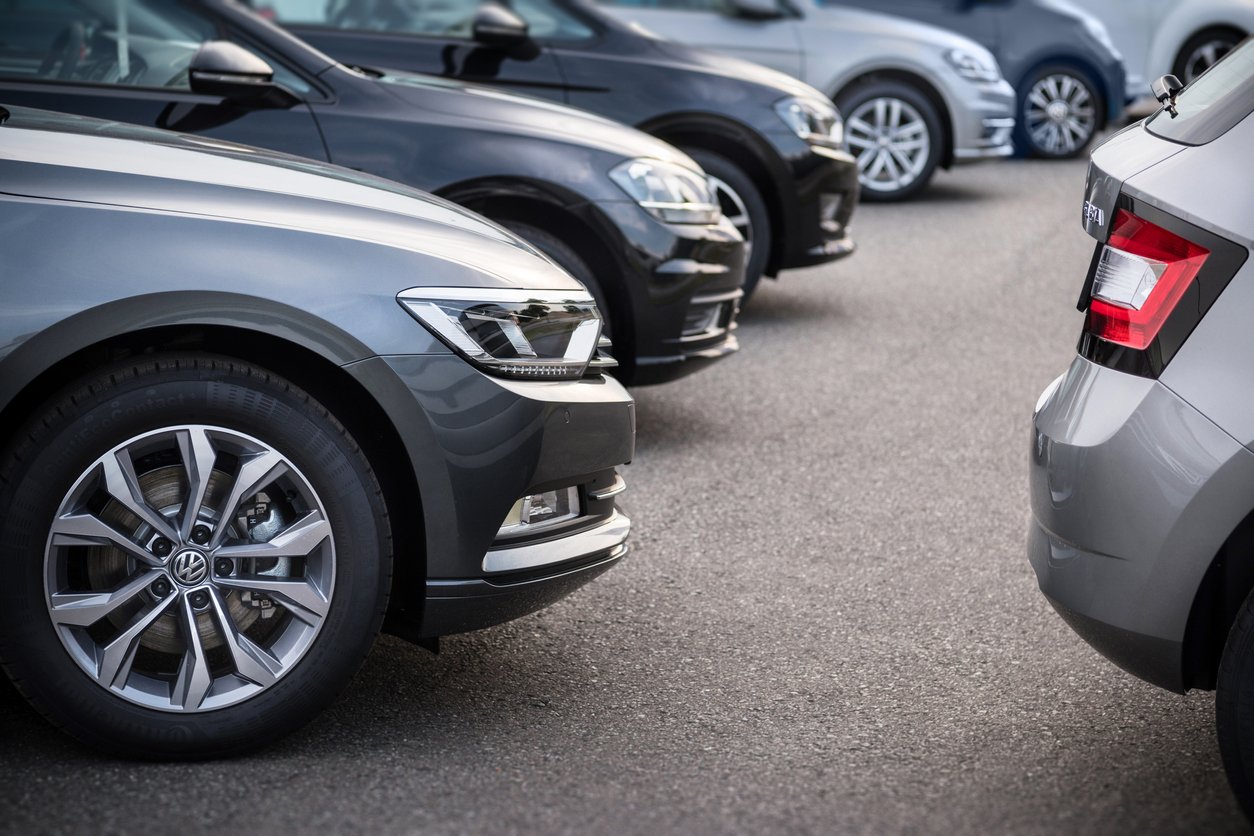Having navigated a rapidly evolving fleet landscape over the past year, fleet decision-makers are being warned that there are plenty more challenges on the horizon.
Tim Laver (pictured), UK managing director of the country’s largest vehicle leasing company, Ayvens, says fleets should prepare for a new Euro emissions standard, road-user charges and stricter EU CO2 targets.
“Don’t hold your breath for a calmer year in 2025,” said Laver. “There’s plenty more change on the horizon including the phasing in of the new Euro 6e-bis standard (which could see a huge increase in PHEV emissions), tougher EU CO2 targets for new cars and vans, and the introduction of the London Congestion Charge for EVs.
“Meanwhile, several new Chinese-produced EVs are set to launch in the UK, including models from Leapmotor, Changan, Xpeng, Skywell UK, and Jaecoo UK.
“This influx is expected to intensify competition in the EV market and potentially drive down costs for end users.”
The past year has been far from quiet for fleets, with elections held on both sides of the Atlantic, a still-lingering cost of living crisis, and the first zero-emission vehicle (ZEV) mandate sales targets for manufacturers.
Ayvens also officially launched in the UK following the acquisition of LeasePlan by ALD Automotive.
“In a year defined by both opportunity and challenged, there has never been a more exhilarating time to be part of the fleet industry,” continued Laver.
“The landscape is evolving rapidly, and the need for strategic adaptation has never been more pressing.”
Reflecting on 2024, the leasing giant’s UK MD says that the Chancellor made evident the Government’s direction of travel for policy on road transport in the Autumn Budget.
“There were clear signs of long-term support for EVs and hydrogen fuel cell vehicles, with the reinstatement of the 2030 phase-out date for non-hybrid new cars (excluding vans),” he said.
“The Budget also offered much-needed clarity for businesses and company car drivers.”
Company car tax for ZEVs will rise by two percentage points in the 2028/29 and 2029/30 financial years, from 5% to 9%.
“While this increase is significant, it remains far below the next-lowest band of 18%,” he added. “This is particularly good news for sal sac scheme users, which continues to make EVs more accessible.”
A clearer path to zero-emission vehicles
Fleets, however, are still waiting for clarity around the ZEV mandate, which requires 22% of new cars and 10% of new vans sold in 2024 to be zero emission, rising to 80% and 70% in 2030 and 100% for both in 2035.
Ministers have promised a “fast-track” consultation on the ZEV mandate’s future following crunch talks with manufacturers last month.
Laver said: “While we agree with the underlying principles of the mandate, we would like to see a greater level of flexibility for manufacturers going forward, particularly for those who demonstrate the right behaviours.
“We also welcome the Government’s decision to launch a fast-track consultation, as we believe there are certain elements that need to be addressed, for example, some of the fine points on credit trading and catch-up targets.”

Despite stagnant retail demand for new cars, fleets capitalised on a generous package of incentives and accelerated their electrification plans this year.
Businesses accounted for 80% of PHEV and 83% of BEV registrations during the first half of 2024, according to the Department for Transport (DfT).
A fifth (21%) of new company-owned cars were electric during that period, which is almost in line with the ZEV mandate target.
“The effects are marked,” said Laver. “Half of BVRLA members’ business contract hire (BCH) deliveries were electric during the second quarter of 2024, which in turn reduced the entire fleet’s average CO2 emissions by 20% year-on-year to 63g/km.
“Meanwhile, our recent survey of 252 fleet decision-makers found that 63% of large fleets that had made electrification part of their sustainability strategy had benefitted from improved reputation and brand image, while 49% had cut costs.”
Tariffs on Chinese EVs
The Association of Fleet Professionals (AFP) has previously warned tariffs on car imports to the US, threatened by president elect Donald Trump, could impact the UK fleet market.
Describing tariffs “as the most beautiful word in the dictionary”, Trump suggested he could introduce 60% tariffs on imports from China and 10-20% duties on all trading partners, including the EU, during his campaign.
Cars produced in Mexico and imported to the US appear to be a particular focus, with Trump saying prior to winning the presidential race that he was going to put a “100, 200, 2,000% tariff” on vehicles from the country.
Paul Hollick, AFP chair, said that, if implemented, any of these moves could have a dramatic effect on the global car and van market, especially for EVs.
China manufactured around 86% of the world’s lithium-ion batteries and 68% of its EVs during 2023. “It’s undercutting most rivals just as government policy is favouring electrification,” said Laver. “This has provoked measures to protect manufacturing jobs in other regions.
The US had already introduced a 100% tariff on Chinese EVs in May, and Canada followed suit in August.
In Europe, the European Commission conducted an anti-subsidy investigation in October and (having set temporary duties in June) fixed rates of up to more than 35% for five years.
However, Laver added: “There are no plans for the UK to introduce similar tariffs, and, with even tougher ZEV mandate targets in 2025, price competition for new models could heat up further next year. That should be good news for fleets.”





















Login to comment
Comments
No comments have been made yet.